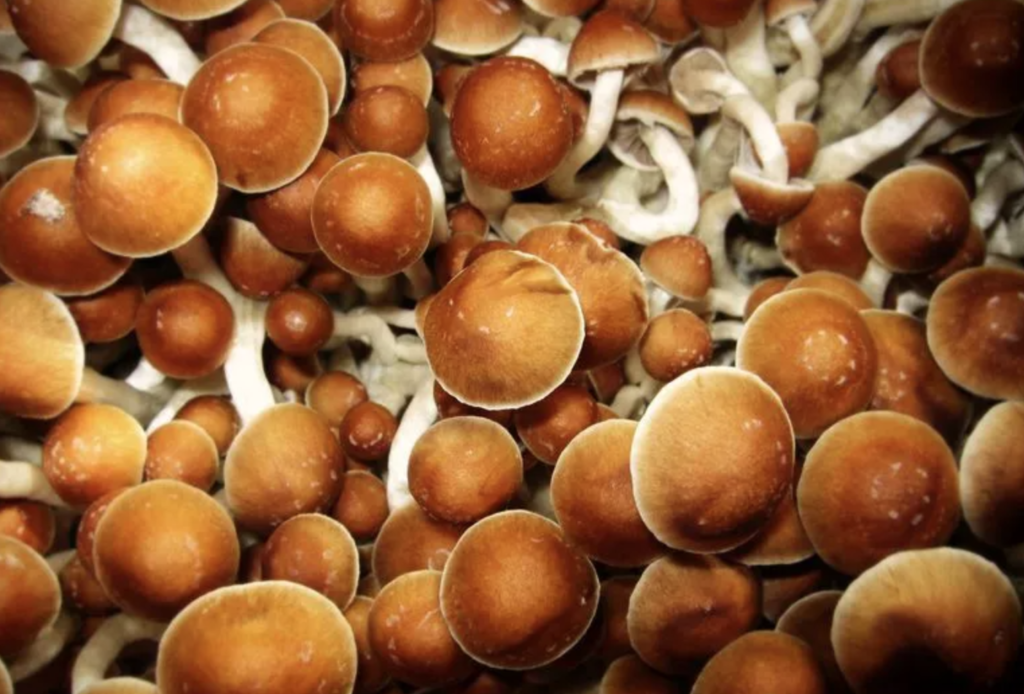Introduction
Taking microdoses (a mere fraction of normal doses) of psychedelic substances, such as truffles, recently gained popularity, as it allegedly has multiple beneficial effects including creativity and problem-solving performance, potentially through targeting serotonergic 5-HT2A receptors and promoting cognitive flexibility, crucial to creative thinking. Nevertheless, enhancing effects of microdosing remain anecdotal, and in the absence of quantitative research on microdosing psychedelics, it is impossible to draw definitive conclusions on that matter. Here, our main aim was to quantitatively explore the cognitive-enhancing potential of microdosing psychedelics in healthy adults.
Methods
During a microdosing event organized by the Dutch Psychedelic Society, we examined the effects of psychedelic truffles (which were later analyzed to quantify active psychedelic alkaloids) on two creativity-related problem-solving tasks: the Picture Concept Task assessing convergent thinking and the Alternative Uses Task assessing divergent thinking. A short version of the Ravens Progressive Matrices task assessed potential changes in fluid intelligence. We tested once before taking a microdose and once while the effects were expected to be manifested.
Results
We found that both convergent and divergent thinking performance was improved after a non-blinded microdose, whereas fluid intelligence was unaffected.
Conclusion
While this study provides quantitative support for the cognitive-enhancing properties of microdosing psychedelics, future research has to confirm these preliminary findings in more rigorous placebo-controlled study designs. Based on these preliminary results, we speculate that psychedelics might affect cognitive metacontrol policies by optimizing the balance between cognitive persistence and flexibility. We hope this study will motivate future microdosing studies with more controlled designs to test this hypothesis.










